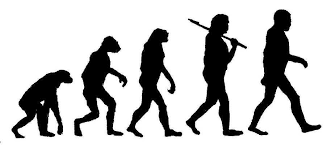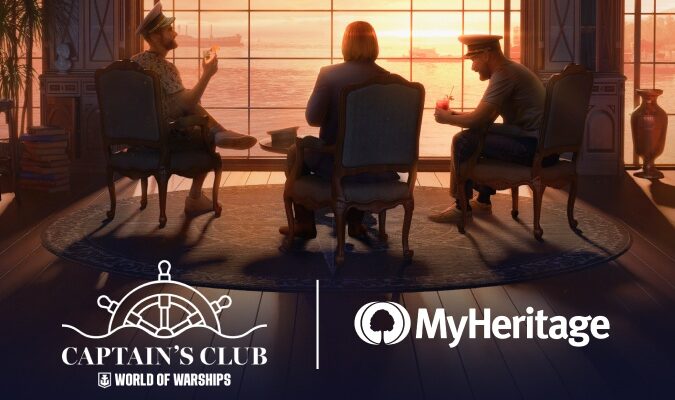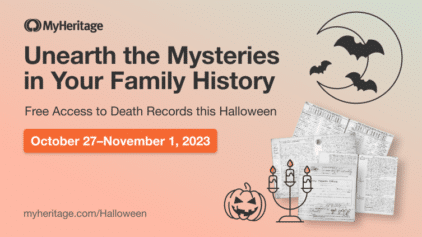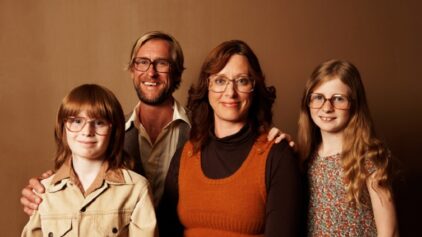Absolutely, yes! Thanks for an interesting post and a new word to describe my outlook/situation/status/whichever.


Have you ever heard of progonoplexia?
According to Wikipedia, progonoplexia, from the Greek word Προγονοπληξια is roughly translated as “ancestoritis,” or a deep obsession with one’s ancestry.

Learning about one’s roots was a huge part of Greek identity; being able to brag about ancestors and their past glories. The word was coined to describe the modern Greek people’s preoccupation with discovering their ancient past.
It’s an obsession that has lasted over time.
In today’s world, the genealogy “bug” has taken over. It is now the second most common pastime in the United States. We are questioning, curious beings.
We love learning about our past and about how our ancestors lived their lives. Where did they come from? What did they do with their days? We seek a connection with them, searching for similarities, traits and characteristics that we may have received from them, passed down from generation to generation. It helps us learn more about our own lives, and how the world as a whole has changed over time.
What makes genealogy even more fascinating and addictive is that it is a never-ending quest. No matter what you find, you can always go back farther and uncover more ancestors.
Each person has two parents and four grandparents, but as you go back, the number of ancestors we have double in each generation. This means that each person has 64 great-great-great-great-grandparents, and 1,024 great-great-great-great-great-great-great-great-grandparents. This theory isn’t always accurate, as many ancestors married within the family but, either way, that’s still a lot of ancestors!
Do you have progonoplexia?










Diana Ganino
August 21, 2015
Love it , having lots of fun with my Heritage ,,☺